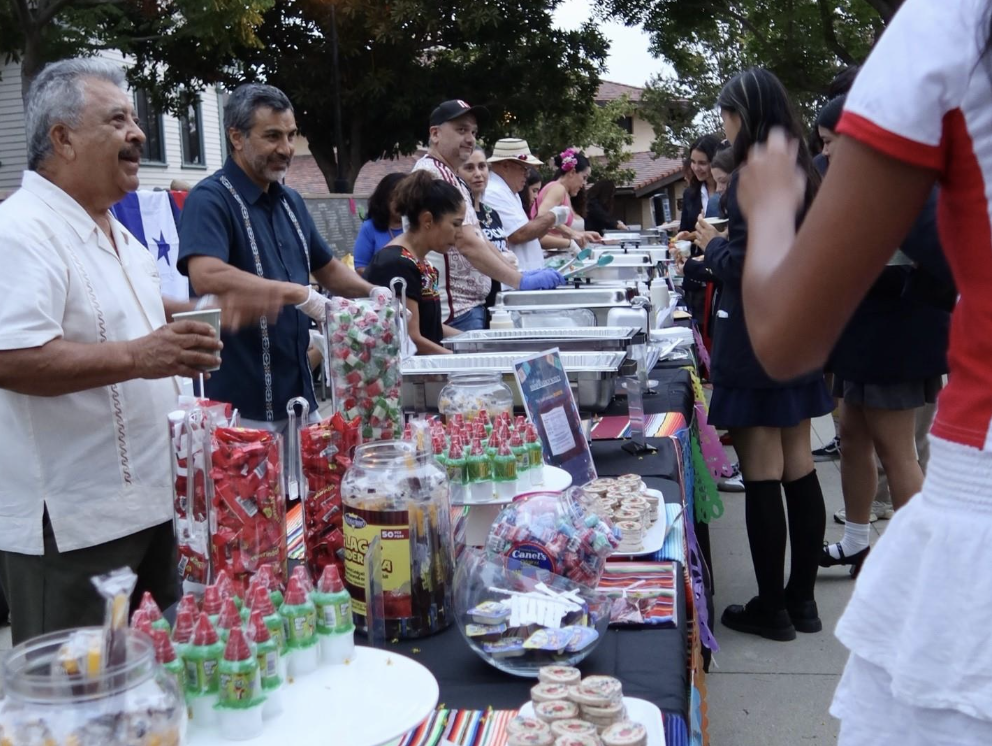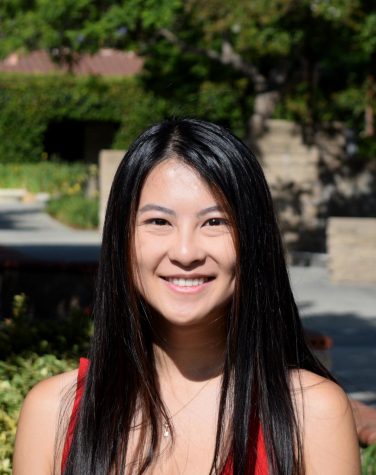The Lunar New Year is the biggest holiday for the majority of Asians and most Asian-Americans. It encompasses the holiday spirit of Christmas, New Year’s, and Thanksgiving; traditionally, children receive Red Pockets, set off fireworks, and relatives from far and wide come together over dinner. Similar to New Year’s Eve, many East Asian and Southeast Asian families also celebrate the day before the Lunar New Year.
The holiday is an important part of Asian identity and offers a chance to visit family. Relatives living in different provinces will often convene at an elder’s house while some families will celebrate within their immediate families. It is a time to reconnect with relatives or bond with parents over traditional food.
An estimated 48% of Webb’s students are Asian, Asian-American, or mixed race Asian. This percentage rises within the boarding population. Of course, not all Asians celebrate the Lunar New Year, but a large portion of them do. Those students deserve to have days off school to celebrate an important holiday just as they get days off for American national holidays like Thanksgiving.
There is precedent for public schools allowing students a day off on the Lunar New Year. The Montgomery County in Maryland, Howard County in Maryland and New York City school district have all either given students a day off or have had a professional day coincide with the holiday.
Webb has February Break, which is part of Webb’s efforts to have a break approximately every two months to avoid burnout. In 2018, the break started on February 2nd and ended on February 7th, narrowly missing the Lunar New Year which was on February 16th. In 2019, the break begins on the 23rd and ends on the 27th while the Lunar New Year was on the 5th.
If the dates of February Break in 2019 were the same as the dates in 2018, the Lunar New Year would have been over the break, allowing boarding students to either go home or give local students more time to spend the holidays with their families. The change in dates for February Break suggests that those dates can be moved, albeit with effort. Why not intentionally move it to coincide with the Lunar New Year?
Since the Lunar New Year dates change according to the lunisolar calendar, the holiday falls in January every three years, making the dates very close to Winter Break which usually ends in early January. Without disrupting Webb’s efforts to spread out breaks, February Break could be scheduled to coincide with the Lunar New Year on the years where the holiday falls in February. Since the Lunar New Year only falls in January every three years, students would still be able to have days off for the holiday two to three times during their Webb career.
The importance of the change lies in cultural respect and recognition. For the students who do not celebrate the Lunar New Year, February Break will hold the same meaning to them as before. However, for the Asian students that do celebrate the holiday, February Break will allow them to reunite with their families and celebrate a holiday that has more than 3000 years of history.







![Many Webb students spend their free time in the library watching a popular TV show like Riverdale and Euphoria. “Based off what I’ve seen, like in Euphoria, because the actors are older, they don't showcase an actual high school life properly,” Sochika Ndibe (‘26) said. “Since [the actors] are older [and] playing a teenager, from a girl’s perspective, it is going to make you think you should look more developed at a young age.” The actor, who plays Veronica Lodge, was 22 years old at the time of filming.](https://webbcanyonchronicle.com/wp-content/uploads/2025/03/Antecol-Media-affects-how-society-functions-graphic-1200x900.png)







